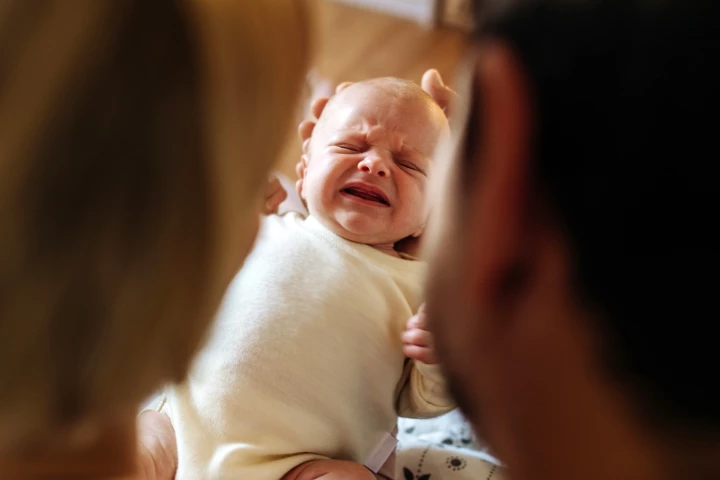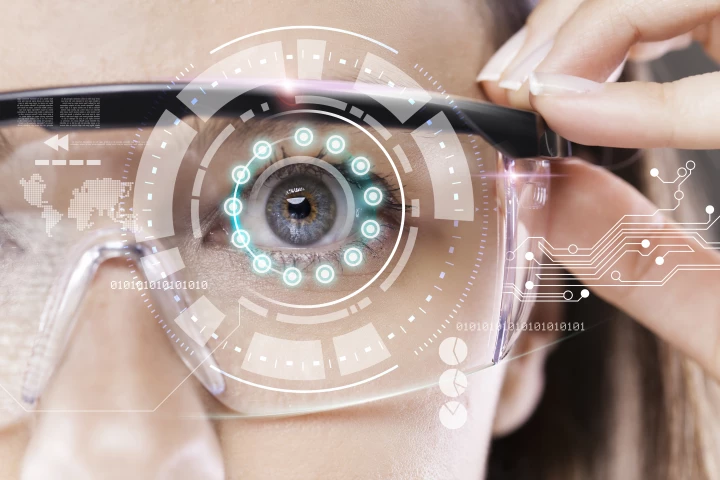Women
-
A new study has cast doubt on the idea that women are biologically wired to wake more to a crying baby than men. It suggests that the significant disparity in nighttime care is due to social, rather than biological, factors.
-
In a massive study of nearly 50,000 women spanning 30 years, researchers found that drinking more coffee – to a point – during the ages of 40-65 was linked to less chronic disease, physical mobility issues and cognitive decline in later life.
-
When it comes to getting a cold or the flu, there is a commonly held belief that men take it harder than women, exaggerating their symptoms and basically acting like big ol' babies. But is this phenomenon of "man sick" a real thing? We investigate.
-
A 12-week Kundalini yoga course provided test subjects a range of measurable brain benefits including improved memory, anti-aging and anti-inflammatory effects, according to new research from UCLA, suggesting it could help prevent Alzheimer's disease.
-
February 11 marks International Day of Women and Girls in Science. The day celebrates both the work of women across vast scientific disciplines, but also recognizes ongoing gender-based challenges. Here, we pay tribute to 11 stars of STEM today.
-
Women and girls in industrial countries may have ready access to inexpensive menstrual pads, but such is not always the case in developing nations. That may soon change, however, thanks to the sisal plant.
-
A new study has found that healthy women risk future cardiovascular disease by reducing their sleep time by as little as one-and-a-half hours a night over the long term. The finding reinforces an important message: make sure you get enough sleep.
-
Researchers have discovered that a chemical in the brain makes alcohol taste bitter to women. It may explain the difference in drinking habits between the sexes and pave the way for novel treatments to help women curb excessive alcohol use.
-
A new first-of-its-kind UK study has found that, compared to 20 years ago, women today with early invasive breast cancer and initially treated with surgery are 66% less likely to die within five years of diagnosis.
-
For decades, doctors have noticed men seem more likely to develop cancers compared to women, and while it was often waved away as due to lifestyle, a new study suggests biological factors may be the biggest player in the different cancer risk.
-
A new review article has discovered females are much more likely to suffer from long COVID than males. The findings are curiously distinct from earlier studies that show men more often experience severe acute disease from COVID-19 compared to women.
-
New research presented at the American Heart Association’s Epidemiology, Prevention, Lifestyle & Cardiometabolic Health Conference 2022 has found women who experience very early menopause are significantly more likely to develop dementia in later life.
Load More











